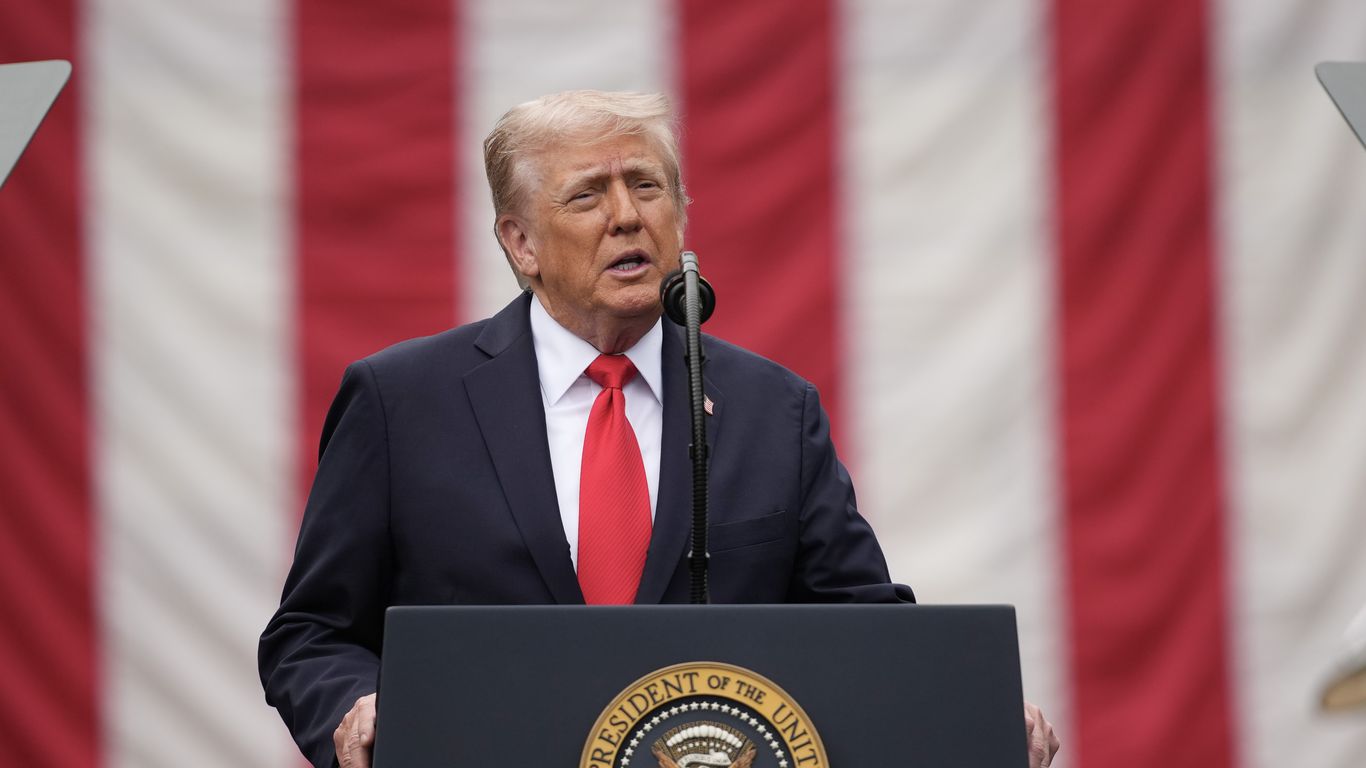EU Sanctions Russia, Targets China: The Impact on Global Relations

EU Sanctions Russia, Targets China
The recent sanctions imposed by the European Union on Russia in response to the country's aggression towards Ukraine have not only sent a strong message to the Kremlin, but also served as a diplomatic charm offensive towards the United States. EU Commission President Ursula von der Leyen stated that Russia's actions in Ukraine have shown "the full extent of its contempt for diplomacy and international law." This is a clear condemnation of Russia's aggression and a statement of solidarity with Ukraine.
The Impact on US-Russia Relations
The EU's move to target China in these sanctions also has implications for the already strained relationship between the US and China. This move could potentially bring the US and EU closer together in their stance against China, as both have expressed concerns over China's growing global influence. Furthermore, this move could also potentially drive a wedge between Russia and China, as China has been one of Russia's key allies. This could have a significant impact on the global political landscape.
The Future of EU-Russia Relations
The EU's strong response to Russia's aggression and targeting of China in these sanctions shows a united front against these global powers. This move not only sends a message to Russia, but also serves as a warning to other countries that may consider similar actions. It is also a demonstration of the EU's commitment to upholding international law and diplomacy. As the
About the People Mentioned
Ursula von der Leyen
Ursula Gertrud von der Leyen is a German politician and physician, serving as the President of the European Commission since 2019. She was born on October 8, 1958, in Brussels, Belgium, to German parents. Her father, Ernst Albrecht, was one of the first European civil servants. Von der Leyen graduated from the London School of Economics in 1978 and obtained her medical license from Hanover Medical School in 1987. Von der Leyen has had a distinguished career in German politics. She was a member of the German Bundestag from 2009 to 2019 and held various cabinet positions under Angela Merkel, including Federal Minister of Defense from 2013 to 2019, Federal Minister of Labor and Social Affairs from 2009 to 2013, and Federal Minister for Family Affairs, Senior Citizens, Women and Youth from 2005 to 2009. Prior to her federal roles, she served as Minister for Social Affairs, Women, Family Affairs, and Health in Lower Saxony from 2003 to 2005. As President of the European Commission, von der Leyen has played a pivotal role in shaping EU policies, particularly during challenging times such as the COVID-19 pandemic and Russia's invasion of Ukraine. She has been a strong advocate for the EU Green Deal, aiming to make Europe the first climate-neutral continent by 2050. Her leadership has been recognized globally, with *Forbes* naming her the most powerful woman in the world in 2022, 2023, and 2024. Recently, von der Leyen was re-elected for a second term by the European Parliament in July 2024, ensuring her leadership until 2029. Her current priorities include navigating ongoing geopolitical challenges and advancing the EU's strategic agenda. Throughout her tenure, she has emphasized the importance of maintaining the EU's long-term goals despite global uncertainties.
About the Organizations Mentioned
European Union
The European Union (EU) is a unique economic and political partnership between 27 European countries, aiming to promote peace, stability, and economic cooperation. Established in 1993, the EU has evolved significantly since its inception, with key milestones including the introduction of the euro currency in 1999 and the expansion to include 27 member states. **History and Key Achievements:** - **Founding:** The EU's origins trace back to the European Coal and Steel Community (ECSC) in 1951, which evolved into the European Economic Community (EEC) in 1957. Over time, it expanded into the European Union with the Maastricht Treaty in 1992. - **Economic Integration:** The EU has fostered economic integration through the Single Market, allowing free movement of goods, services, and people among member states. - **Common Currency:** The euro, introduced in 1999, is used by 20 of the 27 member states, promoting economic stability and facilitating trade. **Current Status:** - **Challenges:** The EU faces ongoing challenges, including climate change, migration, and geopolitical tensions, particularly with Russia's aggression in Ukraine. - **Economic Outlook:** Euro area growth is forecast to remain weak in 2025, with GDP projected to expand by less than 1%[8]. - **Innovative Initiatives:** The EU is actively working on enhancing its technological and economic competitiveness, with initiatives like the Clean Industrial Deal and the Competitiveness Compass[4]. **Notable Aspects:** - **State of the Union Address:** The annual State of the Union address by the European Commission President outlines key priorities and initiatives for the year ahead, such as Ursula von der Leyen's 2025 address focusing on security, Ukraine support, and climate action[1][5]. - **Global Influence:** The EU is a significant player in global affairs, with initiatives like the Global Gateway aimed at sustainable development















